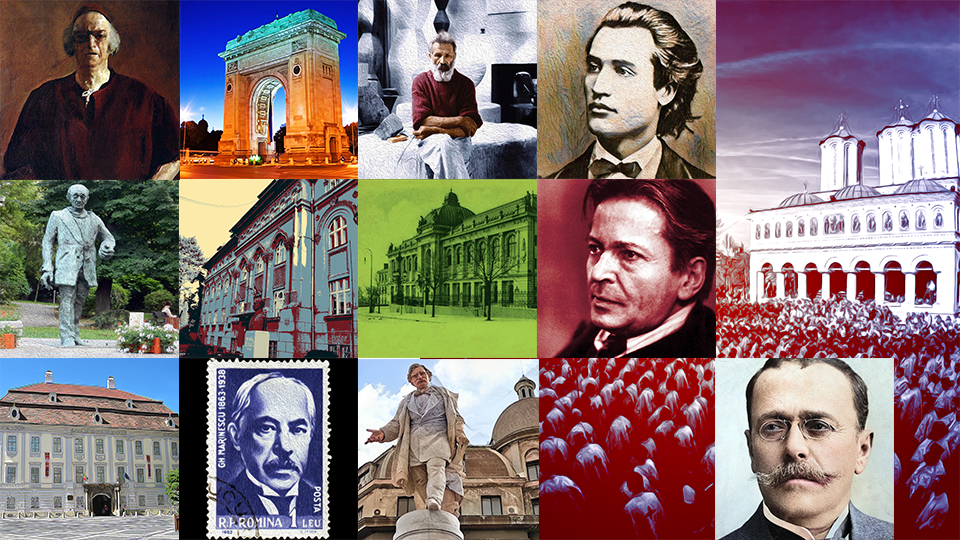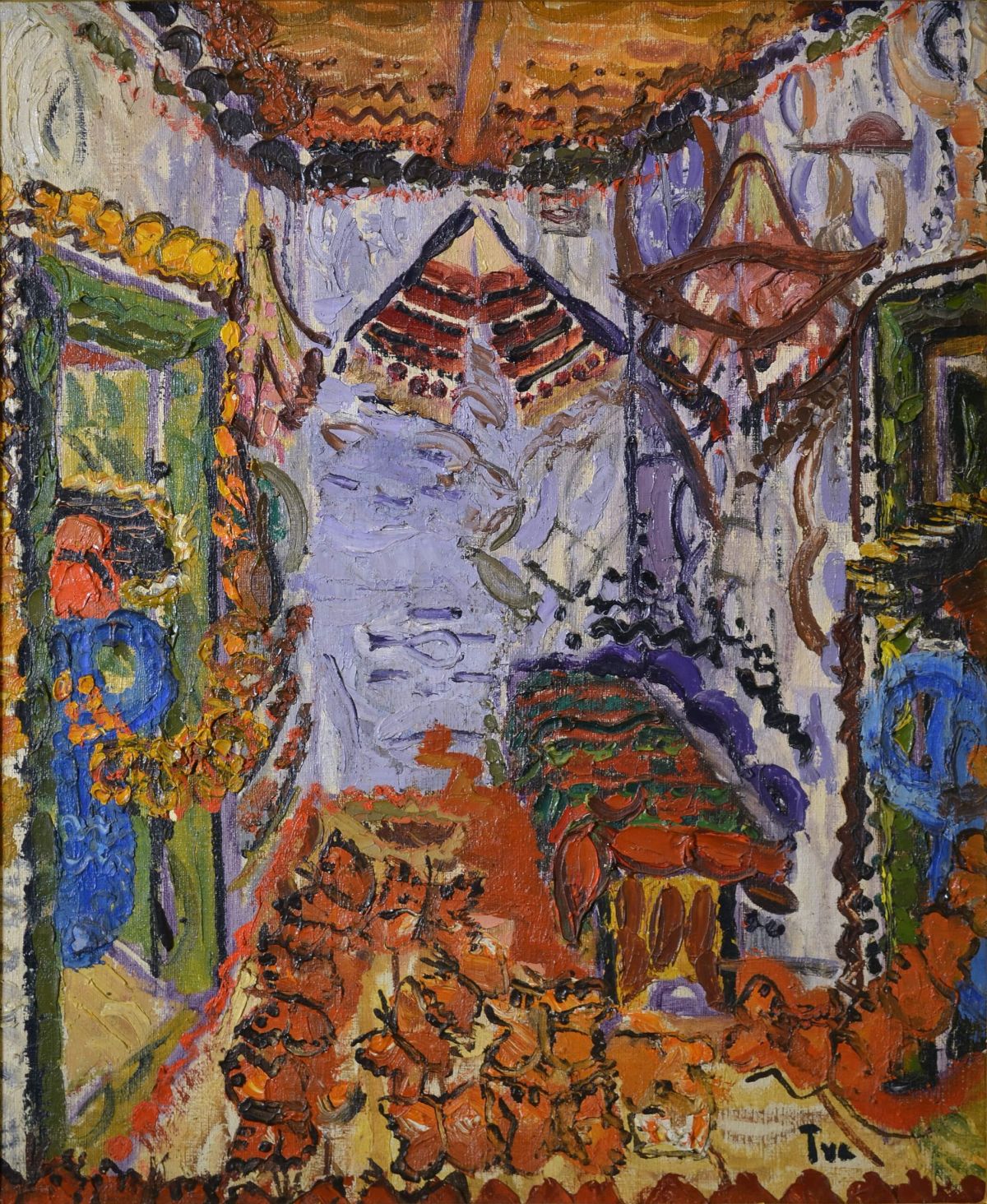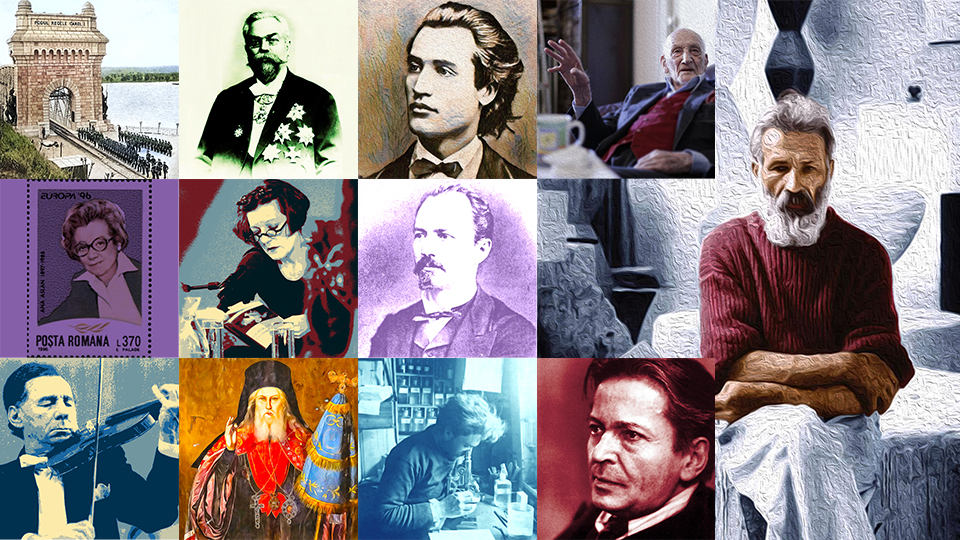Psychiatrist Alexandru Obregia
Modern psychiatry emerged in the Romanian principalities following the spread of medical knowledge.

Steliu Lambru, 18.02.2023, 14:00
Before the 19th century, treating mental illnesses was the prerogative of the Church, as it was the case anywhere else in Europe. But the increasing presence of the state within the society meant that the training of specialists was left to the newly established state institutions. The main issue, in the case of wrongdoers, was to establish if mental disorders influenced their behavior. There were also cases when people who held important positions within the state suffered from mental disorders. One such case was that of the Prince of Wallachia, Nicolae Mavrogheni (1735-1790). Psychiatrist Octavian Buda, a professor with the Carol Davila University of Medicine and Pharmacy in Bucharest, told us more about it: During the Phanariote era, we had a mad ruler, Nicolae Mavrogheni. Apparently he suffered from bipolar disorder. Ionescu-Gion says about him that he was a ‘joke of nature’. His bizarre behavior made the Ottomans execute him. So, by all evidence, they killed man with a psychiatric disorder.
Among the outstanding names of the Romanian psychiatry is that of Alexandru Obregia. He studied in Berlin and Paris and specialized in psychiatry and neurology. Among the personalities in the field that Obregia worked with was the famous physician, psychologist and philosopher Wilhelm Wundt. Born in Iasi in 1860, Alexandru Obregia continued the tradition started by his mentor, Alexandru Suțu and developed it. Obregia defended his doctoral thesis at the age of 28 in Bucharest. He became a professor and he worked for 25 years.
The opening of the first hospital for nervous diseases in Romania is also linked to his name. It was located in the south of Bucharest, in the current Berceni neighborhood. At the time of its inauguration, in 1923, the area was outside Bucharest. Built between 1907 and 1910 with the support of the conservative politician Gheorghe Grigore Cantacuzino, but inaugurated only in 1923 due to the First World War, the hospital benefited, over time, from the best minds in the field of psychiatry and neurology. Octavian Buda pointed out that 100 years since the opening of this public health institution are celebrated this year. It was a vital institution, that benefitted the work of an extraordinary team of physicians, led by Professor Alexandru Obregia: Specialists in the field of psychiatry had started to to appear, such as Alexandru Obregia. 2023 marks 100 years since the inauguration of the first psychiatry hospital, today the Obregia Hospital of today. He was a kind of minister of health, heald of the health department, with studies in Germany, in Munich. He was a great personality. And we also have the Minovici brothers, who started raising the issue of crime and society, challenging Lombroso with great courage.
Alexandru Obregia stood out, among the doctors of his generation, due to his correct diagnoses and innovative treatment methods. He oriented psychiatry even more towards the anatomic particularities of patients and their biological functioning. Thus, he is recognized as the one who proposed the anatomical-clinical method and the experimental method in the treatment of nervous diseases. He also spoke out against the beliefs of the Romanian medical circles of the time according to which the existence of a so-called degeneration and an irreversibility of symptoms favored the development of nervous diseases. In this respect, he undertook research on the disease called cyclophrenia, an affective mental disorder defined by confusion and excessive alcohol consumption, showing that the disease itself and its symptoms are reversible. In 1908, after years of research on his own, Obregia introduced the suboccipital puncture method.
In 1934, Professor Alexandru Obregia, who also had a lot of experience as manager that he had been acquiring ever since 1893, retired from the management of the hospital for nervous diseases. Since 1905, he had served as the director of the Mărcuța hospice, one of the most famous treatment institutions for the mentally ill where, for a short time, poet Mihai Eminescu had also been treated.
Obregia was decorated with the Legion of Honor in 1901, by the president of France and in 1913 by the King of Romania Carol I with the Medical Merit Cross. In the summer of 1937, three years after his retirement and four days after his 77th birthday, Obregia died at his home in Bucharest. After 1990 the hospital in the Berceni neighborhood was given his name in his honor. A boulevard in the same neighborhood was also given his name. (EE)






























